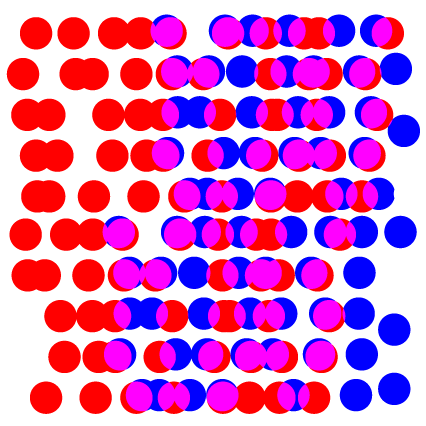
“She was a poet as great as Joseph Brodsky and a human rights activist as fearless as Andrei Sakharov. Unlike Brodsky, however, she did not receive the Nobel Prize for Literature, and unlike Sakharov, she did not receive the Nobel Peace Prize. However, her name is associated with a unique event in the Soviet Union: On August 25, 1968, she and seven other young people came to Red Square to demonstrate openly against the regime – and against the suppression of the Prague Spring by tanks from the Soviet Union and other Warsaw Pact countries.”
https://dissident.dekoder.org/natalja-gorbanewskaja/
Projekt von dekoder-lab